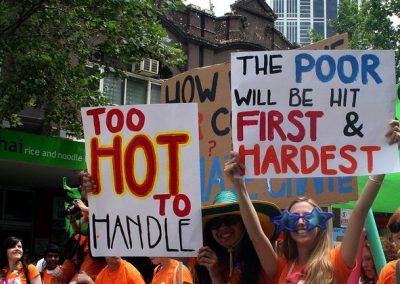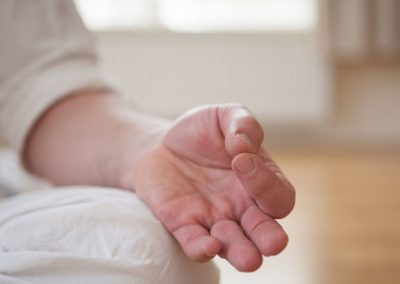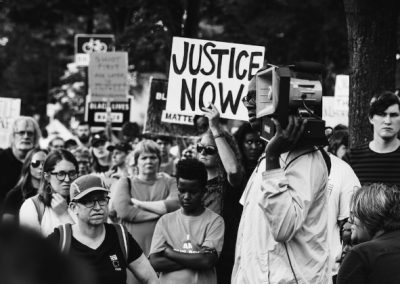Well-being, Risk, and Human Rights Practice
Alice Nah, Human Rights Defender Hub Policy Brief 1, University of York (2017)
This study of over 400 human rights defenders at risk from Colombia, Mexico, Egypt, Kenya and Indonesia, conducted by the University of York’s Human Rights Defender Hub explored how they understood well-being. It found that 86% of the defenders studied were “somewhat concerned or very concerned about their physical security and digital security”. It summarizes the main themes that arose relating to well-being, including the cultural bias against well-being, it’s financial aspects, the “expectations of risk and sacrifice in human rights work”, and the preference shown by many defenders for “personal” rather than “collective” coping mechanisms. It draws on these findings to explore what this implies for human rights practice as a whole.
RELATED RESOURCES

Updating the Nonprofit Work Ethic, Beth Kanter and Aliza Sherman, Stanford Social Innovation Review, (2016)
Read More
Self-Care for Activists: Sustaining Your Most Valuable Resource, New Tactics (Sept. 21, 2010)
Read More
Sustainable Activism: Managing hope and despair in social movements, Paul Hoggett and Rosemary Randall, Transformation, Open Democracy (Dec. 12, 2016)
Read More
Resilience as Resistance: Mental health and well-being in human rights, Open Global Rights Blog Series
Read More
Embodiment as resilience and resistance in human rights work, Loretta Pyles, OpenGlobalRights (March 2019)
Read More


